Rare hoard of Roman-era coins discovered in German mountains — miles from the empire’s frontlines
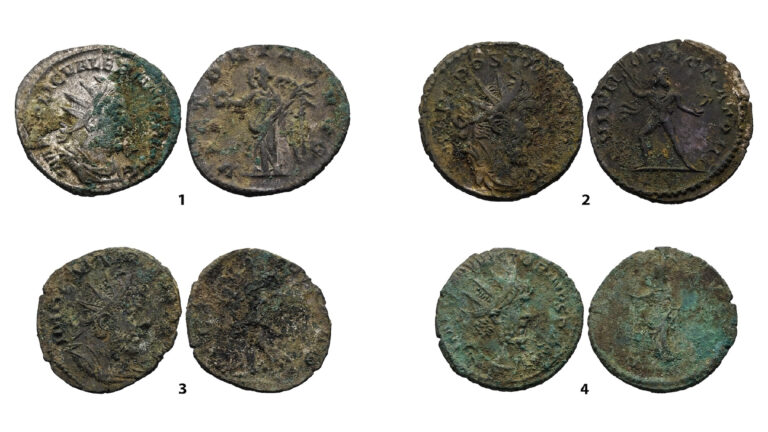
A metal detectorist in Germany has unearthed a hoard of nearly 3,000 Roman-era coins in an unusual place — north of the empire’s defensive lines.
Science and Technolgy blog

A metal detectorist in Germany has unearthed a hoard of nearly 3,000 Roman-era coins in an unusual place — north of the empire’s defensive lines.

Many factors affect the infectious period of seasonal influenza, commonly called “the flu,” but there are some good rules of thumb for when it’s safe to return to work or school.
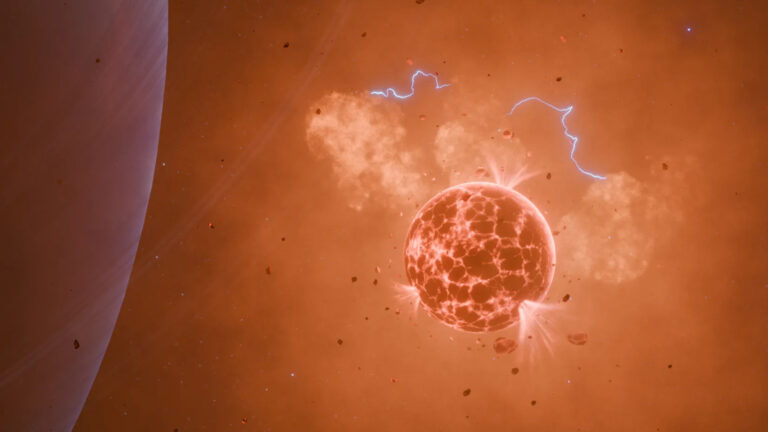
A new analysis of a peculiar metallic cloud surrounding the exoplanet WASP-49 b provides further evidence that it may have been birthed by a volcanic satellite, which may become the first officially recognized “exomoon.”

Scientists combined two existing wireless technologies — high-speed electronics and millimeter wave photonics — for the first time to achieve record-breaking wireless data transmission speeds.
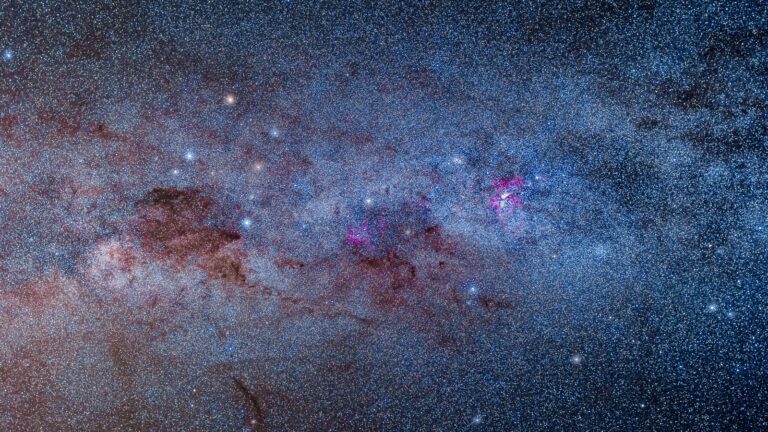
A probabilistic new map of the universe surrounding the Milky Way reveals that our galaxy is likely part of an even larger “basin of attraction” than we previously assumed.
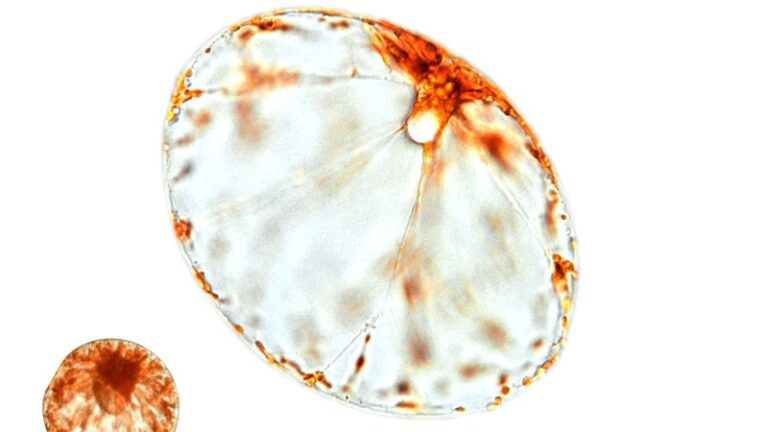
Taking in seawater while filtering out dense salts lets unicellular phytoplankton migrate tens of meters vertically toward sunnier seas.

New research has detected high levels of flame retardants in some toys, kitchen utensils and other household items made from recycled black plastic. But the potential health effects remain unclear.
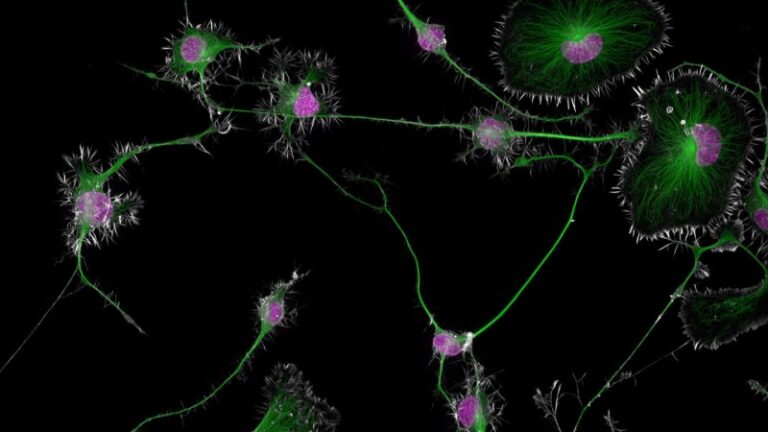
The annual Small World photomicrography competition, now in its 50th year, puts life’s smallest details under the microscope.
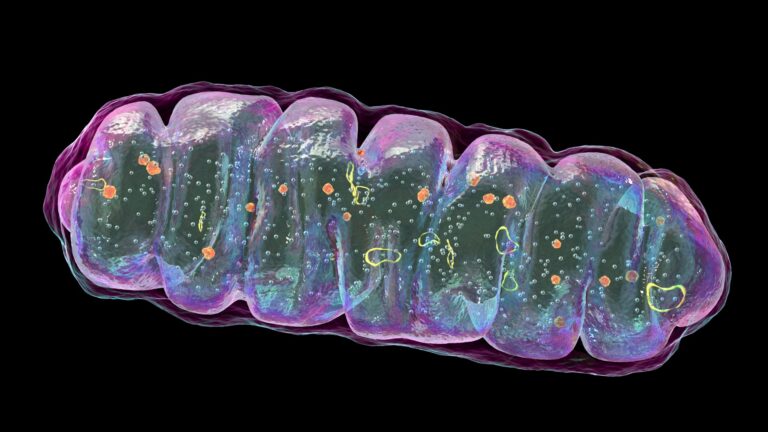
A new study in mice suggests that dysfunctional mitochondria may change the composition of the gut microbiome and thus drive Crohn’s disease.
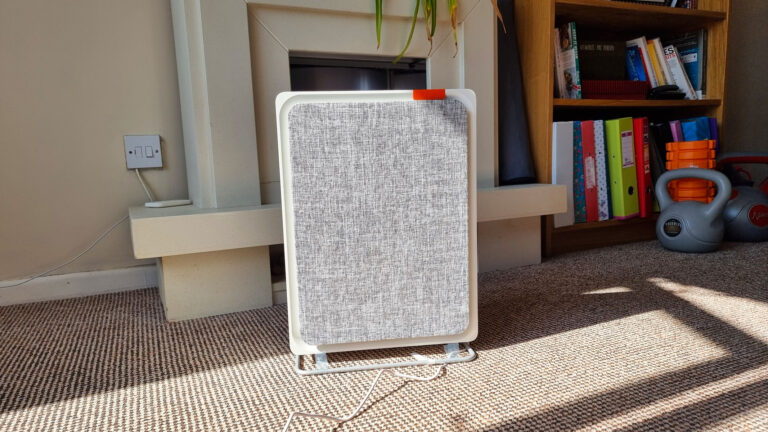
The Smartmi Air Purifier E1 won several awards for its stylish design, but does its performance also deserve recognition?